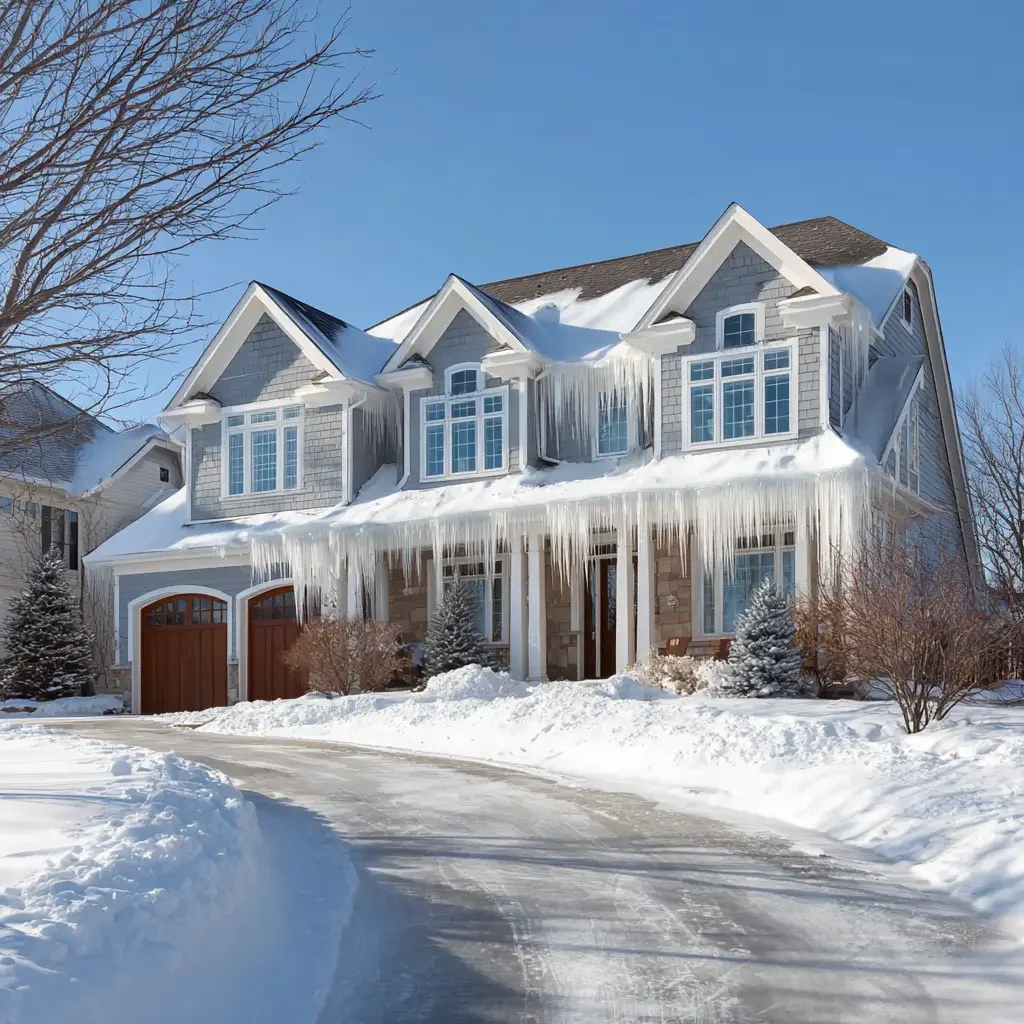Erie Home Insurance: What Homeowners Must Know in 2025
Quick Summary: Erie Home Insurance: 2025 Homeowner Tips
Erie covers your home, belongings, and liability, with flexible add-ons.
Review your policy yearly and avoid common coverage mistakes.
Florida homeowners: focus on windstorm and storm surge clauses.
Minnesota: watch for ice damage and winter coverage details.
Wisconsin: understand flood, hail, and rural liability issues.
Home Insurance Tips for 2025: A Deep Dive into Erie Coverage
Let’s be honest—most folks don’t really think about home insurance until something happens. That’s not a dig, it’s just how life works. You’ve got enough going on, and the last thing on your mind is reading through a bunch of dense policy language. But when something does go wrong—a pipe bursts, your roof gets torn up in a storm, or your basement floods—you realize just how much the right policy (or the wrong one) can impact everything.
Erie Home Insurance is one of those names that pops up often, especially in places like Florida, Minnesota, and Wisconsin. I’m not here to pitch it to you, just to unpack what it really covers, where it can fall short, and what you should be thinking about if you’re relying on it to protect your home.
What Erie Home Insurance Covers—and What That Actually Means
At a high level, Erie Home Insurance is supposed to help with the big stuff: fires, theft, wind, water damage (depending), and personal liability. But it’s never as simple as that. Most policies come with standard protections for your dwelling, your personal property, and legal liability if someone gets hurt on your property. Beyond that, there are add-ons—like water backup or service line coverage—that fill in some of the gaps.
Now, here’s the thing that trips people up: the language sounds straightforward, but the actual application is full of nuance. A “covered peril” doesn’t mean all damage is covered. Water damage from a burst pipe might be covered—but if that pipe was leaking for weeks and you didn’t notice? That’s a harder sell.
What Gets Missed—and Why It Matters
A lot of people assume flood coverage is baked into their policy. It’s not. Same goes for mold, earth movement, or anything considered “gradual.”
Another big blind spot? Rebuilding costs. People will base coverage on their home's market value, which has almost nothing to do with what it would cost to rebuild from scratch. With labor and materials going up, underinsuring your home can leave you painfully short if the worst happens.
Also, life changes. You renovate your kitchen, build a shed, replace the roof—if you don’t update your policy, that extra value may not be reflected. It’s not just about checking a box once and forgetting it. You have to stay involved.
Practical Advice That’s Worth Following
Here’s what I always recommend:
Review your policy once a year. Not when something breaks—before. Use that renewal notice as a reminder.
Take photos of your stuff. Walk around the house with your phone. Furniture, electronics, tools—just a visual record. Store it in the cloud.
Know how your deductible is structured. In some areas, you might have a percentage-based deductible for hurricane or hail damage, not a flat dollar amount.
Ask about code upgrade coverage. If your city updates building codes, you want to make sure your policy helps cover the cost of rebuilding to those new standards.
Call your agent. Ask questions. Even if you feel a little silly. That’s their job.
The Claims Process Isn’t a Straight Line
Here’s a rough outline of how it usually goes:
Something goes wrong. It might be minor, or it might flip your world upside down.
You report it. Time matters here.
You document everything. Photos, videos, receipts, even notes on who you talked to and when.
You wait. Sometimes too long.
An adjuster shows up. Maybe from Erie, maybe independent.
You get an estimate. Sometimes it’s fair, sometimes it’s way off.
This is where it gets tricky. Insurance companies aren’t out to rob you, but they are looking to pay only what they owe—no more. And they’re working with their numbers, not necessarily what things actually cost you. That’s where a public adjuster can be helpful. We speak the same language they do, and we know when something’s not adding up.
Breaking It Down by State
Florida
Wind and water are your biggest concerns here. Erie’s policies often require a separate deductible for hurricane-related damage, usually calculated as a percentage of your total coverage. That can mean thousands out of pocket before your policy even kicks in. Also, don’t confuse wind damage with storm surge—that’s usually considered flood-related and often not covered unless you’ve got a separate policy.
Minnesota
Winter hits hard. Ice dams, frozen pipes, and snow weight on roofs—these are common claims. But they’re also easily denied if your home isn’t properly maintained. Keep your heat on, insulate pipes, and know what your policy says about “neglect.”
Wisconsin
The weather’s unpredictable. Hail in the summer, snow in the winter, and springtime floods. You’ll want to be clear on how your policy handles water damage in basements, and whether your hail deductible is higher than your standard one. If you live on a larger property, ask about liability for accidents that happen out in your yard or on outbuildings.
A Note on Public Adjusters
Look, claims can get messy. There’s no getting around that. A public adjuster works for you—not the insurance company—to make sure the damage is properly assessed, the paperwork is thorough, and your payout is actually enough to get things fixed the right way.
Not everyone needs one for every claim. But when things are major—or when the process stalls—it can be a game-changer to have someone in your corner who knows how this works.
Final Takeaways
Erie Home Insurance can offer solid protection, but it’s only as good as the coverage you choose.
Be proactive. Stay on top of your policy, especially if your home or life changes.
Know your risks based on where you live.
And when in doubt—ask. It’s better to feel a little overprepared than undercovered.
Need someone to go over your policy or help with a claim? Contact us—no pressure, just help.
Shoreline Public Adjusters, LLC
780 Fifth Avenue South
Suite #200
Naples, FL 34102Email: hello@teamshoreline.com
Phone: 954-546-1899
Fax: 239-778-9889





Got a lowball offer or a denied claim? In most cases, it's not too late to hire a public adjuster. Learn the state-specific deadlines and claim stages where a licensed public adjuster can still fight for a higher settlement on your behalf.